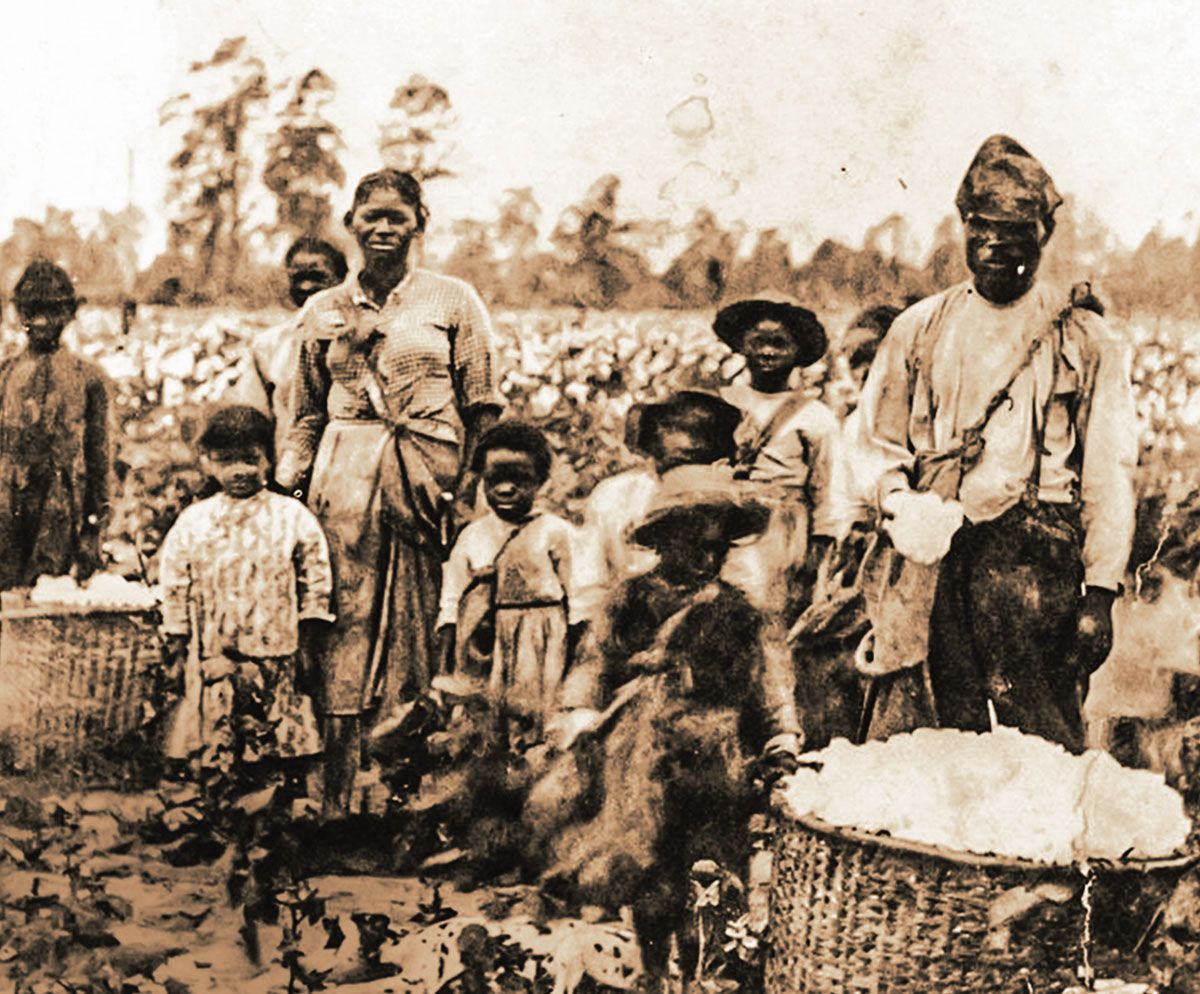"Enslaved people" vs "slaves"

A few years ago I learned this seemingly-small tweak in language, and now that I’ve been using it for a while, I can tell the difference it has made.
People are not property. It having been acceptable or legal in the past does not mean it has ever been okay. People are not property, and continuing to allow ourselves to think of them as such, even fleetingly, or in a historic context, warps our understanding. These people are not items on a ledger, these are stolen lives.
When Wanda and I are reading something that uses the word “slave,” I’ll often change it to “enslaved person” on the fly, and explain to her that I’m making that change from what the author intended. If what I’m reading includes words being spoken by a person or character in history, I’ll leave it as “slave” which keeps it more truthful to the view of the time, and becomes appropriately jarring.
We also often pause in the reading to assess how this mention of enslaved people is functioning. Is it discussing the people as people? Or is it discussing the people as if they are merely cargo, or assets, consumables? Even typing that makes my skin crawl, but it happens, often. Even well-intentioned texts do this, and I’m not comfortable with it, so we notice it and we talk about it, and we remember that these were stolen lives.

